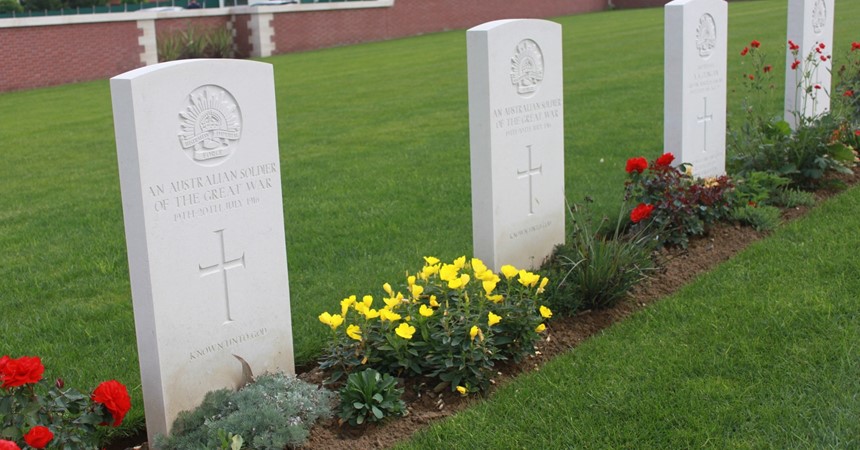Like most of you, I am sure you find that the events of each week place a frame of reference for the week that is not like the week before or the one to come. So, courtesy of the conversations, meetings, gatherings and readings I have encountered through the week, I was left thinking about lamenting in our lives.
Richard Rohr calls this lamenting ‘A cry to God’. I recognise that there are times when I weep inside, a weeping that is not visible to anyone else but is deep within my being, my soul.
I wonder if the disciples who were leaving Jerusalem on the road to Emmaus (Luke 24:13-35) were in that space of lamenting and weeping as they walked. They then met someone who listened to their story and their distress. This companion then breaks open the scriptures, before sharing Eucharist with them, and their hearts and eyes were opened. This encounter gave them the courage to turn around, head back to Jerusalem and share the encounter with their companions. It was in the breaking of the bread that they knew Jesus was alive.
I certainly feel this period of lamenting as we honour Anzac Day and remember the wars of the past century and the new wars of this century. I am convinced that humans long for peace, and yet it seems to evade us.
In the words of Richard Rohr from this week’s Daily Mediations:
Lament is the cry of Martin Luther King Jr. [1929–1968] from his kitchen table in Montgomery after hearing yet another death threat: “Lord, I’m down here trying to do what’s right…. But Lord, I must confess that I’m weak now, I’m faltering. I’m losing my courage. Now, I am afraid…. I am at the end of my powers. I have nothing left. I’ve come to the point where I can’t face it alone.”
It was not a cry in isolation but rather a tradition King had learned from generations of African American families who were literally torn apart by slavery. The cry of lament had been passed down to him in the music of the Christian spiritual, “Sometimes I feel like a motherless child … a long way from home.”
Lament is the cry of the psalmists of Israel in exile who, feeling abandoned by God, demanded, “Where are you, Lord?” Or the psalmists who were bothered by God’s remarkably bad sense of timing: “Why are you taking so long?” “The poor are being crushed. The wicked are winning. Don’t you see it?” The twin sisters of Psalms are prayers of praise and lament, and they are always walking hand in hand, sometimes singing, sometimes crying.
Lament is not despair. It is not whining. It is not a cry into a void. Lament is a cry directed to God. It is the cry of those who see the truth of the world’s deep wounds and the cost of seeking peace. It is the prayer of those who are deeply disturbed by the way things are. We are enjoined to learn to see and feel what the psalmists see and feel and to join our prayer with theirs. The journey of reconciliation is grounded in the practice of lament.
So sometimes I am deeply disturbed by the way things are, and I do not have the words to express the turmoil I feel around us. However, as part of this week’s Daily Meditation, Richard Rohr shared with his readers this song by Brian McLaren, Weep for the World. It expresses the human desire to both grieve and heal from the harm we have caused. Please click on this link to listen to Brian play and recite the words Weep for the World
Let us weep for the world
being broken apart
by humans,
foolish humans.
Let us grieve the desecration
of forest and stream,
of glacier and ocean and humans,
like us.
Let us be mindful of the children,
being born today,
in a world torn apart
by humans.
Let us show our children
a more excellent way
to walk on the earth and be human,
truly human.
Let us love this world
we’ve been breaking apart
and let our love bring wholeness.
And let us love one another
with a compassionate heart
for it is love that makes us human, human.
Let us weep for the world
We are breaking apart,
so we can love it back
to wholeness.
Let our hearts be stretched
by great sorrow and love,
so they will never contract
to being less than human.
I hope these words speak to you when you are left wondering why humans don’t seem to get the message that we are all brothers and sisters, called to love and be loved. Do we recognise Jesus in our breaking of the bread within a community of the faithful? Do they accompany us on our journey to give us the courage to face what life offers us?
Let’s journey with faith, hope, and love.
Follow mnnews.today on Facebook.

